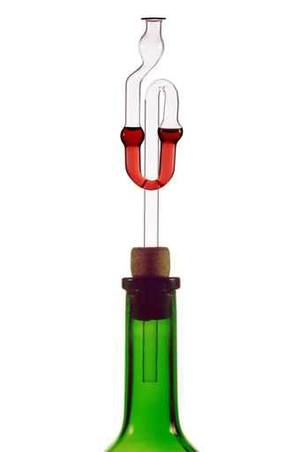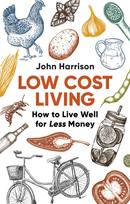Wine making is not rocket science, although there is is some science behind it, wine making, like cooking, is more of an art. Just as a cook follows basic rules, so the wine maker needs to get the basics right for success. These tips should help stress-free wine making.
 Wine Making Tips 1 – Hygiene
Wine Making Tips 1 – Hygiene
Keep all utensils, bins, demijohns scrupulously clean. Microbes and wild yeasts are the enemy of wine makers. The sterilising powder, bottle and demijohn brushes may cost a few pounds but they’ll pay you back with interest in good wines. Nothing is more frustrating than putting the time, effort and ingredients in to have them ruined by poor hygiene.
Use the right equipment. Things like plastic buckets and bins come in different grades of plastic. You must use the food-grade plastic products not the cheaper buckets you might use to clean the floor!
If plastic buckets and bins start getting scratched and grazed, replace them. The grazes will start harbouring microbes and eventually you’ll have a spoilt batch of wine.
If stirring the must (the initial mix of fruit and water etc.) in a bin, scald the spoon with boiling water first to quickly sterilise it.
Wine Making Tips 2 – Filling Demijohns
Fill demijohns to just below the neck. Too full and they’re likely to explode through the airlock. If topping up use cooled, boiled water – never straight from the tap.
Fill and top up airlocks with cooled, boiled water – never straight from the tap.
Wine Making Tips 3 – Equipment
Avoid metal spoons and sieves with fermenting wine – i.e. after the yeast has been added. Sometimes they can taint the wine. Avoid wooden spoons, which are hard to sterilise – plastic is far better.
Always use new corks. Reusing old corks always brings problems.
Reusing wine bottles is fine, ask friends to save them for you and check with local pubs or restaurants who are often happy to give them to you. Wash out immediately as a clean bottle will be a lot easier to sterilise when you come to use them.
Never use screw-top bottles for wine. If fermentation re-starts, pressure will build and the bottles most likely explode causing an awful mess if not injury
Wine Making Tips 4 – Ingredients
Collect flowers etc in sunshine in the morning rather than late afternoon. They have a better flavour for some reason. Try and avoid adding insects to the wine!
Never add the pith (the white part of the peel on citrus fruits) to wine. It will be bitter and cloudy.
Always use a wine yeast. Many old recipes suggest baking yeast and this will never make as good a wine.
Often old recipes suggest adding Marmite or crushed vitamin B tablets. This is to help feed the yeast. Nowadays we have yeast nutrient that is far better and cheaply available.
Wine Making Tips 5 – Process
Rack your wine to clear it before bottling. That is, using a syphon tube, suck up the wine from one demijohn into another leaving the sediment (called lees) behind. The tubes with a base and valve are cheap enough and a make this easier. Allow the wine to settle for a week and repeat if necessary before bottling
Never bottle wine that is still fermenting. Even if the airlock only bubbles once every five minutes, give it more time.
Wine Making Tips 6 – Let it Mature!
Never judge your wine by the taste as you bottle it. Most often you will think it a disaster. Some wines can take 2 years to mature. As a general rule, perhaps try a bottle after 6 months. If it tastes harsh, leave the rest for at least another six months.
Allow time. Time is the great wine maker and you should never be in a rush. We’ve made wine that was 9 months in the demijohn before bottling and drunk it three years later. The next year it was even better!

